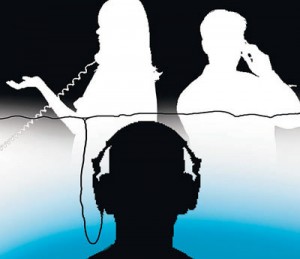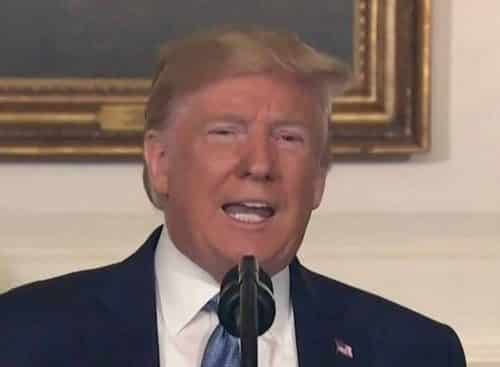 The massive collection of telephone data by the clandestine U.S. National Security Agency to thwart terrorist attacks has been halted in a Washington legislative standoff, but a reformed version of the surveillance could be renewed in the coming days.
The massive collection of telephone data by the clandestine U.S. National Security Agency to thwart terrorist attacks has been halted in a Washington legislative standoff, but a reformed version of the surveillance could be renewed in the coming days.
The spy agency lost the legal authority to collect telephone records Sunday at midnight when the U.S. Senate failed to agree on an extension of several provisions put in place following the terror attacks of September 11, 2001.
Supporters of the surveillance, both Republican and Democratic lawmakers, blamed Senator Rand Paul, a 2016 Republican presidential candidate, for the impasse. The Kentucky senator blocked immediate passage of a House-approved measure that would modify the program to allow the NSA to request the telephone data from phone companies on a case-by-case basis, but not collect it on its own.
Paul conceded that the Senate would eventually approve the surveillance reforms, possibly as early as Tuesday. But he declared victory in the dispute because the government itself would no longer collect the data, which he derided as a violation of Americans’ privacy.
Republican Senator John McCain, who lost the 2008 presidential election to President Barack Obama, said Paul “obviously has a higher priority for his fundraising and political ambitions than for the security of the nation.”
The telephone data collection from millions of calls was first revealed two years ago by former NSA contractor Edward Snowden, now living in asylum in Russia. It included phone numbers, the dates and duration of calls, but not the content.
‘Irresponsible lapse’
White House spokesman Josh Earnest said late Sunday that the Senate needs to act quickly to address what he called an “irresponsible lapse.” He said the new program is a “reasonable compromise balancing security and privacy.”
Without the new bill, the NSA has also been forced to at least temporarily shut down two other programs, including a “lone wolf” tracking provision that has never been used and a roaming wiretap program.
Paul addressed Senate colleagues: “Are we going to so blithely give up our freedom? Are we going to so blithely go along and just say take it? Well, I’m not going to take it anymore. I don’t think the American people are going to take it anymore.”
But other lawmakers accused him of exploiting the issue for political gain.
Senate Majority leader Mitch McConnell said, “We shouldn’t be disarming unilaterally as our enemies grow more sophisticated and aggressive. And we certainly should not be doing so based on a campaign of demagoguery and disinformation launched in the wake of the unlawful actions of (NSA contractor) Edward Snowden, who was last seen in Russia.”
Law defended
Earlier Sunday, Central Intelligence Director John Brennan urged the Senate to pass the new authorization.
“Terrorist elements have watched very carefully what has happened here in the United States,” Brennan said in an appearance on CBS’s “Face the Nation.” “Whether or not it’s disclosures of classified information, or whether it’s changes in the law and policies, they’re looking for the seams to operate within. This is something that we can’t afford to deal with right now because … we need to keep our country safe.”
The Senate will debate the bill through Tuesday. Should it pass unaltered, it would go to the White House for President Barack Obama’s signature.
Backers of the expired program said it had been maligned by critics eager to inflame public passions about government snooping.
“A portion of the public has been led to believe that big government is in their bedroom, in their house, in their car, in their phone, that it tracks them wherever they go,” said Republican Senator Dan Coats. “It’s a bunch of hokum, and it’s wrong.”
The Senate cut short last week’s recess by one day to try once again to address the NSA program. The chamber’s options were limited, given that the House of Representatives does not gavel in until later Monday. As a result, even if the Senate had voted to extend the program, House consideration would have occurred after it expired.
Last month, a federal appeals court ruled the program illegal. Its expiration means there will be no need for a hearing of the case before the Supreme Court.




